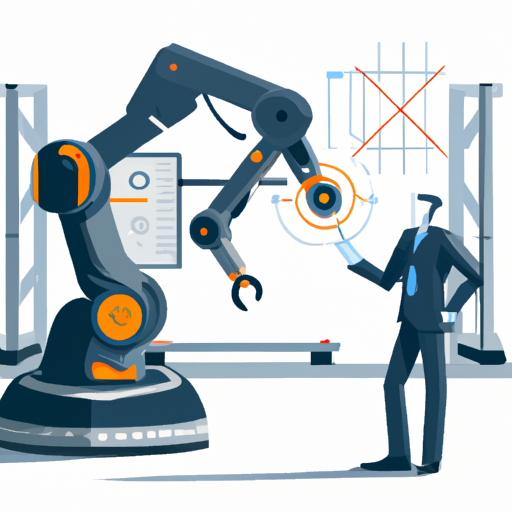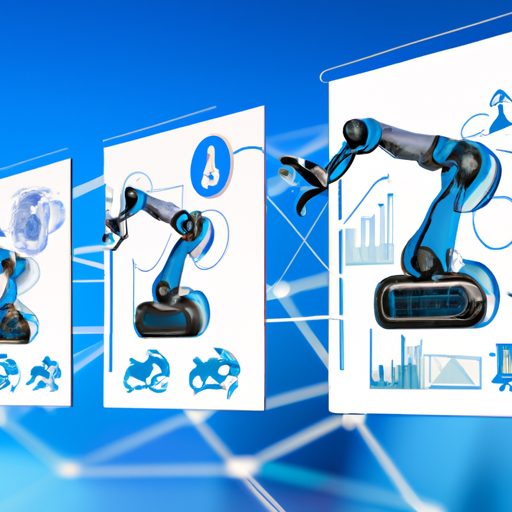In today’s fast-paced digital landscape, businesses are actively seeking innovative solutions to enhance operational efficiency and reduce costs. One of the most groundbreaking advancements in this arena is Robotic Process Automation (RPA). This technology has proven instrumental in automating repetitive tasks, allowing organizations to focus on more strategic initiatives.
What is Robotic Process Automation?
Robotic Process Automation involves the use of software robots or “bots” to replicate human actions within digital systems. These bots execute a variety of tasks, from data entry to transaction processing, enabling companies to streamline their workflows.
The Benefits of RPA
- Increased Efficiency: RPA can perform tasks faster and more accurately than human workers, significantly reducing operational time.
- Cost Savings: By automating repetitive tasks, businesses can decrease labor costs and minimize human error.
- Improved Compliance: RPA ensures tasks are completed in accordance with set guidelines, enhancing compliance across various regulations.
- Employee Satisfaction: By freeing employees from mundane tasks, RPA allows them to focus on more engaging and creative work.
RPA in Various Industries
Robotic Process Automation is not limited to a single industry. Sectors such as finance, healthcare, telecommunications, and retail are leveraging this technology to gain a competitive edge. For instance, the financial industry uses RPA to automate repetitive processes like account reconciliation and reporting, thus allowing professionals to allocate more time to strategic analysis.
Future of Robotic Process Automation
The future of RPA looks promising as technology continues to evolve. Businesses are increasingly integrating RPA with artificial intelligence (AI) to tackle more complex tasks. The synergy between RPA and AI will pave the way for digital transformation, enabling organizations to enhance decision-making processes and improve customer experiences.
Conclusion
As companies strive for operational excellence, Robotic Process Automation stands out as a vital component of their strategies. Embracing RPA not only drives efficiency but also positions businesses to thrive in an ever-changing digital environment. With its numerous benefits, it’s clear that RPA is not just a trend, but a crucial investment for the future.
For businesses looking to embark on their automation journey, understanding and adopting Robotic Process Automation technology will be the key to unlocking significant growth and efficiency.







